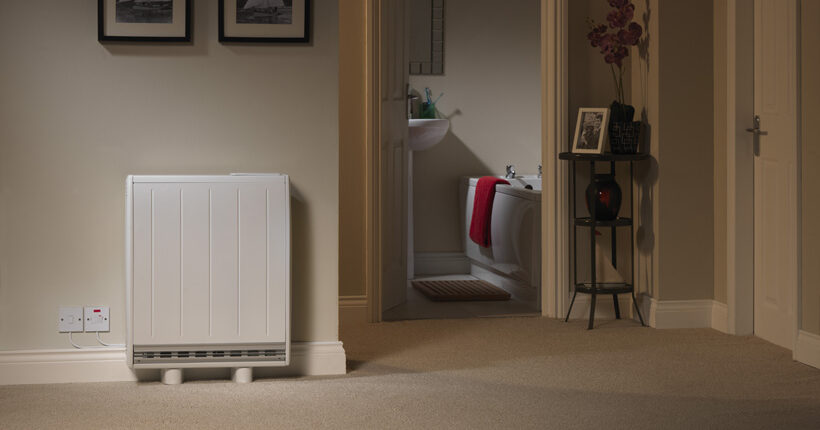Heating Your Home
Indoor heating is something that many people take for granted. When the mercury drops, you want a furnace that’s capable of keeping you and your family warm. Not all heaters are made equal, however, which is why it’s important to choose the right type.
Choose the Right Furnace for Your Home
1) Single-Stage vs. Two-Stage
When shopping for a new furnace, you’ll need to choose between a single-stage or two-stage unit. A single-stage puts out the same temperature heat every time it runs, whereas a two-stage furnace has two temperature settings for its heat output.
Single-stage furnaces operate at full capacity, regardless of the surrounding climate and the homeowner’s heating needs. A two-stage, on the other hand, runs at low capacity by default. If the low setting isn’t providing enough heat to meet the homeowner’s demands, it will kick over to the high-capacity setting.
2) Fixed Speed vs. Variable Speed
Something else to consider is whether the furnace has a fixed-speed or variable-speed blower (also known as multi-speed). Both types use a motorized fan to blow heated air through the ducts. A fixed-speed blower distributes heated air at a single speed; with a variable-speed blower, the rate varies.
Other tips:
3) Fuel Type
Furnaces run on gas, oil or electricity. While all three types are fully capable of heating the average home, you shouldn’t overlook the nuances between them.
Here’s a brief overview of the three different fuels used:
- Gas — The most popular type, natural gas furnaces are cheap and easy to operate. With natural gas supplied through underground utility lines, you don’t have to worry about it refilling it. However, installing a gas furnace in a home that doesn’t already have a gas line can be expensive.
- Oil — An alternative to natural gas is an oil- or propane-powered furnace. They are durable, efficient, and generate the most heat of all three furnace types. Oil is stored locally, however, so homeowners must refill their furnace’s tank regularly to keep it operational.
- Electric — These furnaces run off local power, eliminating the need for a separate gas bill. Electric furnaces heat up more slowly than gas- and oil-powered ones, which may deter some homeowners from choosing them.
4) Furnace Size
Contrary to popular belief, a bigger furnace isn’t always better. An oversized furnace will frequently cycle on and off, consuming more power while also wearing down its mechanical components and shortening its lifespan.
But you should also avoid buying a furnace that’s too small for your home. If it’s not big enough, it won’t have the power to keep your home warm during those chilly winter days.


